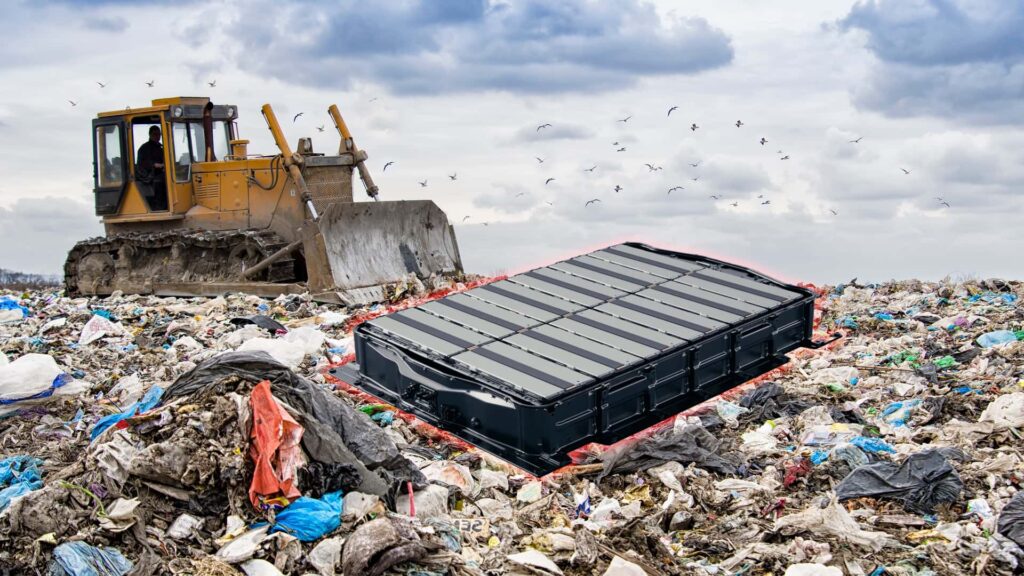Electric vehicle (EV) batteries are often a topic of concern for many people, who worry that these batteries will eventually become electronic waste. However, this fear is largely unfounded. EV batteries have proven to be durable and long-lasting, far surpassing the lifespan of the average internal combustion engine. Even after the vehicle itself is no longer in use, the batteries can still serve a valuable purpose in grid storage and are fully recyclable.
One of the most common arguments against EVs is the misconception that their batteries will end up in landfills after just a few years. In reality, EV batteries have demonstrated remarkable longevity. While some initial battery designs may have had issues, manufacturers have since refined their technology to consistently produce high-quality battery packs. In the United States, EV batteries are typically warranted for eight years or 100,000 miles, leading car companies to overbuild them to ensure their reliability and longevity.
Furthermore, EV batteries retain significant value even after they have been used in a vehicle. In a scenario where an EV owner replaces a battery that still retains 70% of its original capacity due to high-demand usage, that battery can still find new life elsewhere. An example of this can be seen in the case of Australian engineer Francisco Shi, who repurposes EV batteries from scrapyards for grid storage. By charging these batteries with solar power during off-peak hours and selling the stored energy during peak demand periods, Shi is able to generate a profit while contributing to a more stable energy grid.
As the demand for clean energy sources like solar and wind power continues to grow, the need for energy storage solutions also increases. EV batteries have the potential to play a significant role in meeting this demand, leading to lower electricity prices and reduced carbon emissions. Additionally, having a battery at home can serve as a backup power source during emergencies, offering a reliable alternative to traditional generators.
In the event that an EV battery is no longer needed for storage or backup power, it will not simply end up in a landfill. The valuable raw materials contained within the battery make it a prime candidate for recycling. While the recycling supply chain for automotive batteries is still developing, businesses are actively working on solutions for large-scale battery recycling.
In conclusion, the issue of battery waste should not be a major concern. EV batteries are valuable assets that society is unlikely to waste. With their long lifespan, multiple potential uses, and recyclability, EV batteries are proving to be a sustainable and environmentally friendly energy storage solution for the future.

